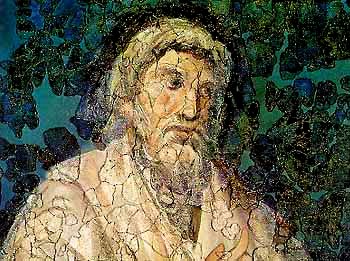“For he who reckons it a pleasure that a man, though justly condemned, should be slain in his sight, pollutes his conscience as much as if he should become a spectator and a sharer of a homicide which is secretly committed.”
Nam qui hominem, quamuis ob merita damnatum, in conspectu suo iugulari pro uoluptate computat, conscientiam suam polluit, tam scilicet, quam si homicidii, quod fit occulte, spectator et particeps fiat.
Book VI, Chap. XX
The Divine Institutes (c. 303–13)
